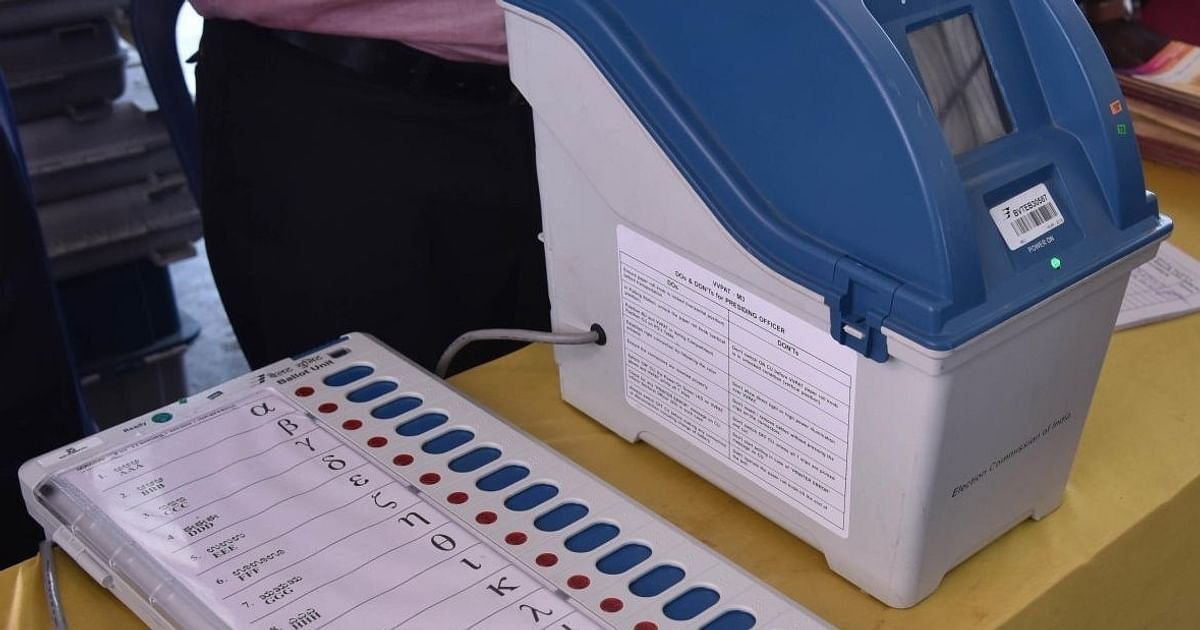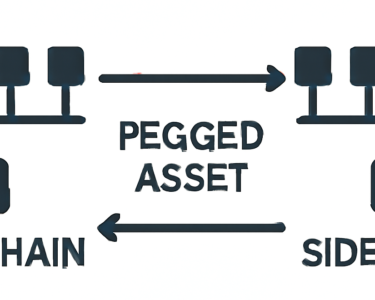With the Lok Sabha elections approaching, it is time for voters to be aware of the machines that they would be casting their valuable votes on— the electronic voting machines (EVMs) and the VVPAT which ellaborates to Voter Verifiable Paper Audit Trail.
While EVMs have been in use for a long time, the VVPATs are only close to a decade old in the Indian election system.
Voter Verifiable Paper Audit Trails (VVPATs) are box shaped machines attached to the ballot unit of an EVM. Once a voter presses an option on the EVM, the VVPAT machine prints a paper slip (like a receipt) which includes the voter’s choice of party.
Despite being behind a glass, this slip is visible for a minimal time slot of 7 seconds— for the voter to verify his choice, after which the slip drops into the VVPAT box. The slip that you are reading about lists the serial number, name, and symbol of a candidate for whom the vote has been cast.
A brief history of VVPATs
The Election Commission of India for the first time discussed the concept of VVPAT with political parties, in 2010. The system of attaching this box to the EVM unit was apparently introduced to make the election and the voting mechanisms, more transparent. The polling body later referred the matter to its Technical Expert Committee in 2010 itself.
Bharat Electronics Limited (BEL) and Electronics Corporation of India (ECIL) were then tasked to prepare a prototype. These are the two public sector undertakings that manufacture the EVMs. Indian Express reported that the very first field trials with these VVPAT prototypes were conducted in Ladakh, Thiruvananthapuram, Chrrapunjee, East Delhi, and Jaisalmer in 2011.
The ECI continued testing the prototypes while collecting the feedbacks from political parties for two years, after which an expert committee approved the VVPAT design in 2013.
General elections will be held across the country from April 19 in seven phases, and the counting of votes will take place on June 4. The ECI recently said that the counting of votes in Arunachal Pradesh and Sikkim will be on June 2.
(Published 22 March 2024, 05:48 IST)




